"Forces such as teachers, medical doctors, and soldiers in mountainous, border, and island areas face many difficulties in living conditions... it is recommended that there be solutions to support social housing for these subjects as well."
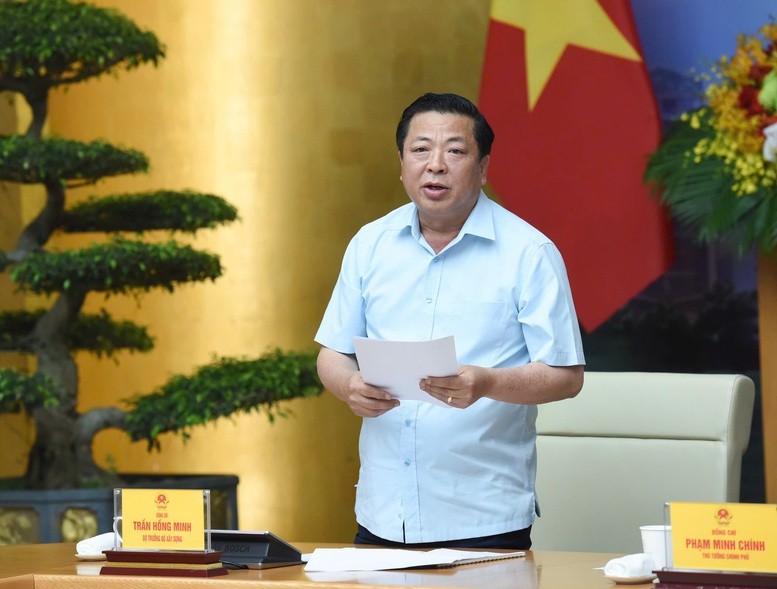
Breakthrough policy, facilitating local implementation
A representative of Ho Chi Minh City said that since the beginning of the term, Ho Chi Minh City has built 5 social housing projects and completed 2,777 units. At the same time, it has received and is constructing 4 projects with a total of 2,874 units, expected to be completed by the end of 2025. Thus, by the end of 2025, Ho Chi Minh City will have 5,250 completed social housing units.
In 2026, Ho Chi Minh City has 22 projects that have completed investment procedures and will start construction in 2026. After completion, the total number of social housing apartments will reach about 32,780 units (including completed and ongoing projects). Thus, Ho Chi Minh City has exceeded the set plan.
In addition, this June, the Department of Construction of Ho Chi Minh City will advise the People's Committee of Ho Chi Minh City to issue specific regulations on areas where people have clear planning on architectural planning indicators such as land use index, height, and scale of construction. In these areas, people will be exempted from construction licensing procedures and only need to carry out construction registration procedures.
"With the breakthroughs and specific policies in Resolution No. 201/2025/QH15, Ho Chi Minh City promises the Prime Minister to fulfill the task of developing social housing well, exceeding the plan assigned by the Prime Minister," the representative of Ho Chi Minh City affirmed.
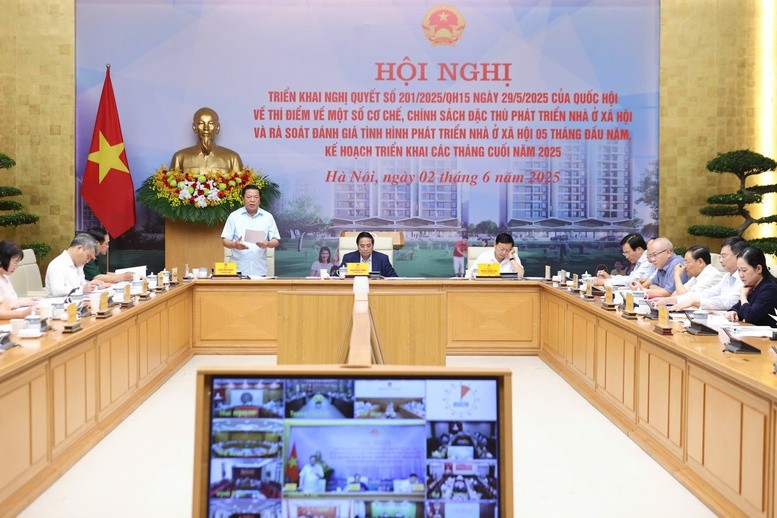
Bac Ninh is a locality that is considered successful in developing social housing while many localities have economic advantages but the development of social housing is still limited due to the insufficient ratio of commercial land fund for social housing. Sharing successful experiences, a representative of Bac Ninh province said:
Bac Ninh has simultaneously carried out four tasks: First, focusing on direction and operation, the Provincial Party Committee Standing Committee has established a Social Housing Steering Committee headed by the Chairman of the Provincial People's Committee; Second, Bac Ninh has developed a detailed and specific action program with tasks associated with the set goals; Third, established a Hotline to organize implementation; Fourth, Bac Ninh regularly organizes dialogues to remove obstacles and difficulties for investors and businesses implementing social housing.
With that approach, the result in Bac Ninh now has a total of 56 social housing projects with an area of 192 hectares. The province has completed 2 projects of 150 apartments and 5 projects have been granted construction permits with an area of 8,860 m². In the coming time, Bac Ninh will continue to focus on directing the implementation of the completion of the 2025 target with 11 projects including 5,688 social housing units.
A representative of Quang Ninh province informed that the Government has assigned Quang Ninh province the target of implementing about 17,500 social housing units from now until 2030, and in 2025 alone, the province has been assigned the target of 2,200 units. Up to now, Quang Ninh has completed about 1,300 units and is continuing to implement 03 other social housing projects.
"Although there are still many difficulties in the implementation process, it is expected that by the end of this year, Quang Ninh will complete an additional 914 social housing units. At the same time, the province has also prepared 13 social housing projects with a total scale of about 18,753 units. This is a thorough implementation of the Government's Resolution on implementing the task of developing social housing, and the province has also proactively arranged investment resources.
We have directed the provincial departments, agencies and branches to urgently focus on implementing tasks related to social housing, at the same time, increase resource allocation and assign tasks to units to coordinate with the armed forces (Army, Police) to review and resolve issues related to social housing projects. Up to now, the implementation has received positive feedback, showing that the implementation process is going smoothly and without any complicated problems," informed a representative of Quang Ninh.
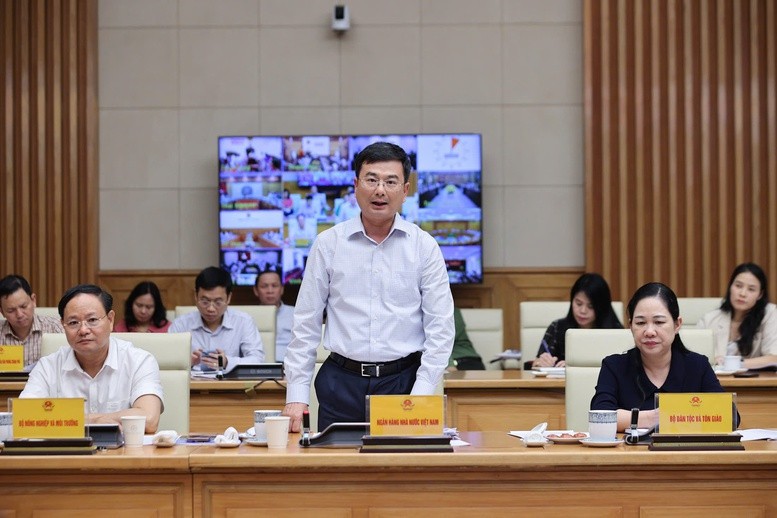
More incentives for young people under 35 years old to borrow to buy a house
Mr. Pham Thanh Ha, Deputy Governor of the State Bank, informed that regarding the development of social housing, the State Bank has issued a document directing credit institutions and supporting interest rates for investors to implement the program. In addition, in 2025, the State Bank has instructed lending banks that when participating in social housing lending, it will not be included in the general credit ratio. This is also an incentive for banks to feel secure in lending.
Following that, the State Bank requested banks to deploy a credit package of 120,000 billion VND to remove difficulties for the real estate market. Up to now, in addition to 4 state-owned commercial banks, 5 more joint-stock commercial banks have joined, bringing the total credit packages for real estate to 145,000 billion VND.
Regarding lending interest rates, the State Bank has stabilized lending interest rates and encouraged banks to continue to reduce lending interest rates, especially further reducing lending interest rates for both investors and individual homebuyers. The current lending interest rate for investors is 6.6%/year, and for homebuyers is 6.1%.
Regarding the disbursement turnover for social housing projects, according to the State Bank, about 100 social housing projects nationwide are being implemented. According to the report of the Ministry of Construction, about 51% of the social housing target has been completed. Commercial banks have also committed to providing credit of about 7,800 billion VND for social housing projects, disbursed according to the report of the Ministry of Construction is recorded as over 3,800 billion VND. Of which, credit for investors is 3,200 billion VND and for home buyers is 585 billion.
Of the 100 social housing projects currently underway, 53 have received loans; the remaining 28 projects do not need loans (because the investors have arranged their own capital sources, or the projects have not yet reached the stage of needing capital mobilization, or have mobilized capital from home buyers); the remaining 9 projects have just been announced, so commercial banks are receiving information to appraise and decide on lending.
Regarding the research and proposal of credit packages for young people, based on the registration of commercial banks, the State Bank has directed banks to lend to young people under 35 years old to buy social housing with a preferential term of 15 years. In addition to the usual preferential interest rate reduction of 2% in the first 5 years, young people under 35 years old will continue to receive a reduction in interest for the next 10 years and a further reduction of 1% compared to the normal lending interest rate.
"This is a higher priority than the current preferential home loan rates that banks offer. That means that young people under 35 years old will not only get a 2% reduction in the first 5 years, but will also get a 1% reduction in the next 10 years compared to the normal loan interest rate," said a representative of the State Bank.
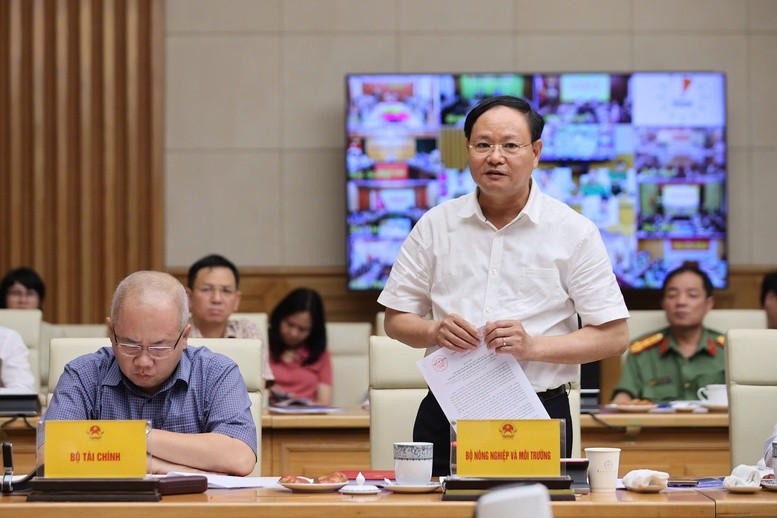
Integrating the "social housing" and "sustainable poverty reduction" programs
The Ministry of Agriculture and Environment said that the 2024 Land Law up to now and the guiding documents for social housing projects are very favorable, there are no more problems. First of all, planning is under the initiative of the locality. Regarding land allocation, land lease, permission to change land use purpose for social housing projects, it is not through land use rights auction, not through bidding for projects using land but directly allocating land to investors. Regarding financial policies on land, all social housing projects are exempted from land use fees and do not need to go through procedures to determine financial obligations on land use fees.
Regarding decentralization, in the near future, it will be proposed to competent authorities on land allocation, land lease, and permission to change land use purposes for subjects exempted from land use fees or not subject to land use fees to transfer to the commune level. For example, previously, a Chairman of the Provincial People's Committee managed 100 communes, but after the merger, there will only be 24 communes, so the licensing authority will be implemented by 24 people, thus reducing a lot of procedures and processing time.
For localities with many socio-economic difficulties, the Ministry of Agriculture and Rural Development believes that in order to develop social housing in the context of housing shortages everywhere, it is possible to integrate the "social housing" policy with the "sustainable poverty reduction" policy in the same provincial program to both solve the supply problem and address the issue of sustainable poverty reduction.
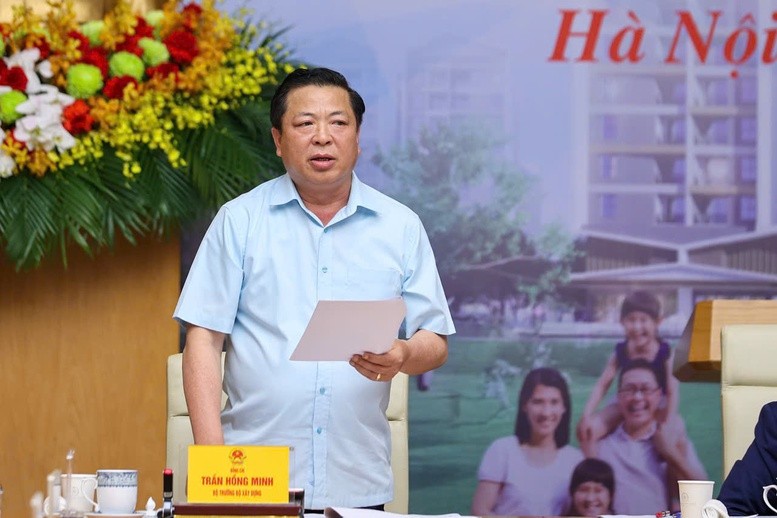
There should be more preferential policies for teachers, doctors, and soldiers in mountainous and island areas to buy social housing.
Responding to localities about the implementation of resettlement compensation procedures and related social issues, Minister of Construction Tran Hong Minh said that according to regulations, provincial People's Committees are responsible for using the State Budget from public investment capital, regular expenditure capital or other legal capital sources according to the provisions of law to perform tasks according to the provisions of law, ensuring efficiency. Regarding the implementation method, the Ministry of Construction is ready to coordinate with the Ministry of Finance to develop a draft decree guiding related programs and projects.
Currently, there is a situation where some localities have regular spending sources to increase revenue, save expenses, or some regular spending is allocated to the locality to repair public works, but lack the motivation to implement. Or, there are provinces and districts with a surplus budget of tens of billions of VND each year but cannot carry out these tasks. The reason why localities have difficulty implementing may be due to obstacles from the State Budget Law. However, for social housing, the Ministry of Construction will coordinate with the opinions of the Ministry of Agriculture and Environment to resolve the issues for localities.
"We have found that land issues in some areas (such as the suburban areas of Hanoi) make it easier to implement projects due to their clarity and great feasibility. But if implemented in remote, isolated, border areas, it is really difficult. If not, then that's fine, but if we do, it is very worrying, and some even say it cannot be done. However, I affirm that if these projects are implemented vigorously locally, they will have clear results.
Specifically, the military and army can participate in building houses at a cost of about 30 million VND/100m2 house to give incentives to teachers. The support level of 30 million VND/house also needs to be considered along with other factors to encourage teachers to stay in remote areas, such as teaching allowances, working conditions... to avoid the situation where people who can buy houses still face difficulties due to psychological concerns from problems arising at the grassroots level. For example, in a district where up to 70% of the population lacks electricity, living conditions are still very difficult... even the workforce working at hydropower stations also face many difficulties in living conditions, along with the difficult reality of living conditions of forces such as teachers, medical doctors, the army... Therefore, I propose that there be solutions to support housing for these subjects, for example, it is expected that about 4,000 houses in Son La need to be deployed soon", Minister Tran Hong Minh proposed.
Regarding preferential credit policies, for example, the lending interest rate of 6.6%... needs to be divided into two main groups of subjects. Firstly, enterprises and investors in social housing projects need to have regulations on the preferential period (for example, applying an interest rate of 6.76% for a certain period). Secondly, vulnerable groups in society who are allowed to buy social housing need to have lower interest rates and more flexible policies.
"We only need a general decree for guidance, there is no need to issue more complicated circulars. Therefore, it is necessary to minimize the issuance of circulars and focus on developing decrees for the Government to regulate. The problems that have been raised are common problems. Ministries and branches should work together to perfect social housing policies to implement them resolutely and synchronously nationwide to achieve and exceed the housing construction target from now until 2030, which is a very important and urgent issue," Minister Tran Hong Minh suggested.
Source: https://baolangson.vn/can-co-chinh-sach-cho-giao-vien-bac-si-quan-nhan-o-bien-gioi-hai-dao-duoc-mua-nha-o-xa-hoi-5048998.html








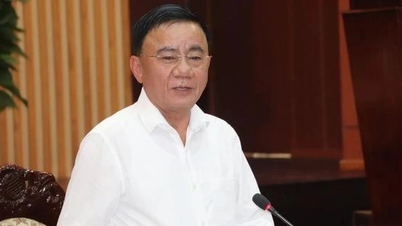



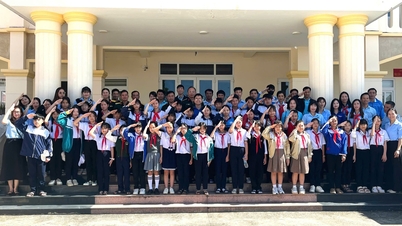
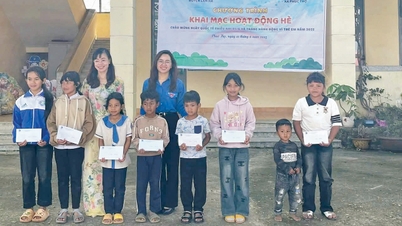
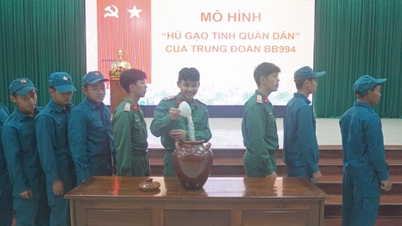




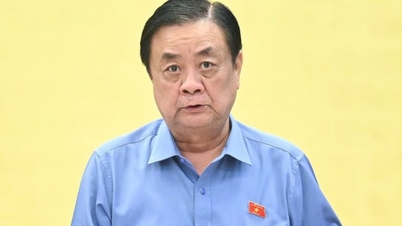

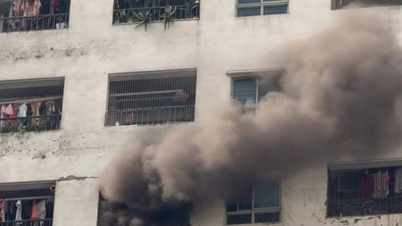
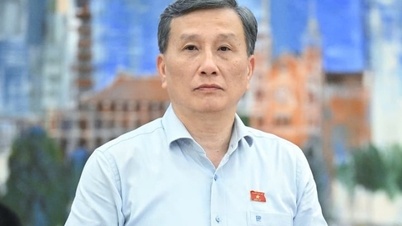

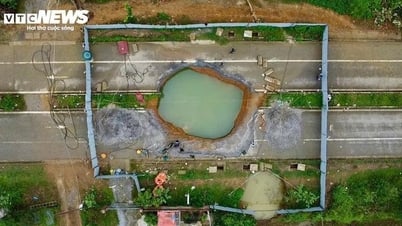

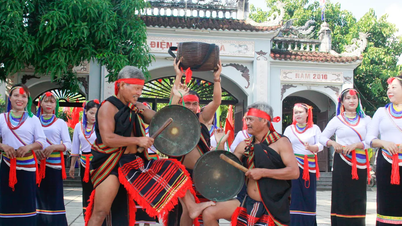

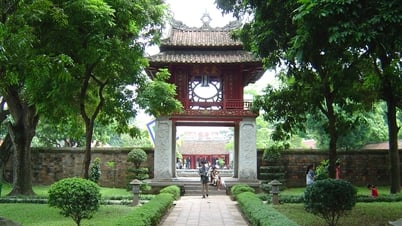

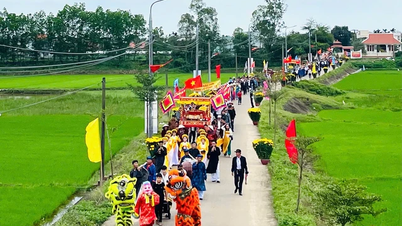





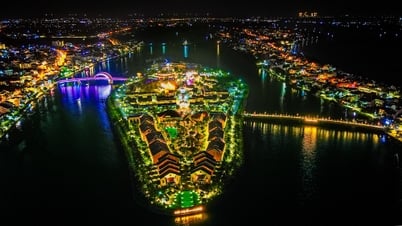



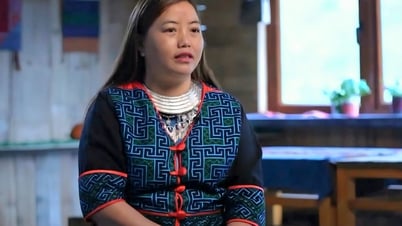

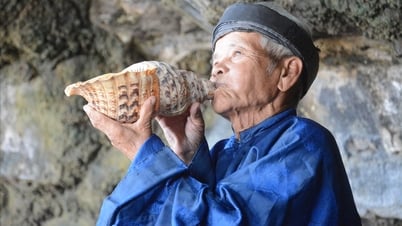





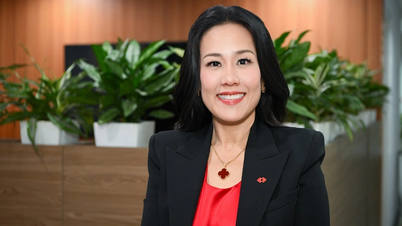

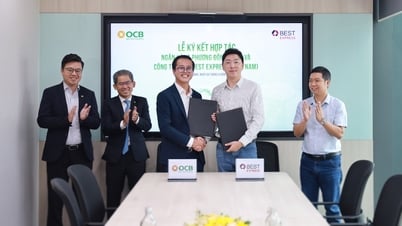





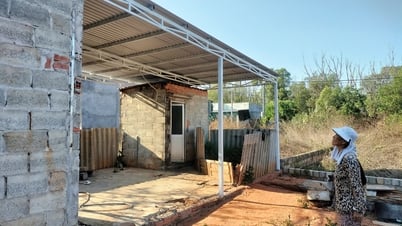
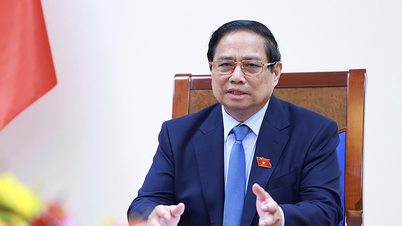
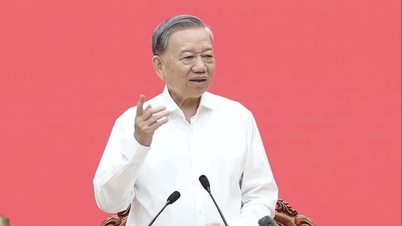

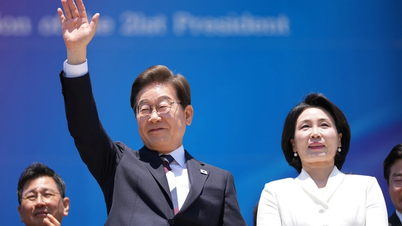





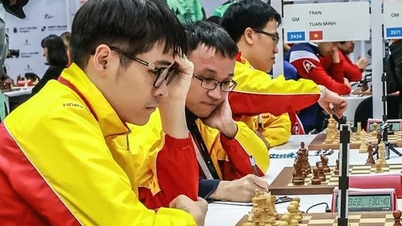




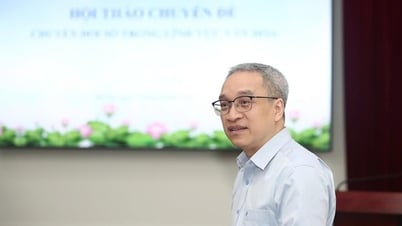












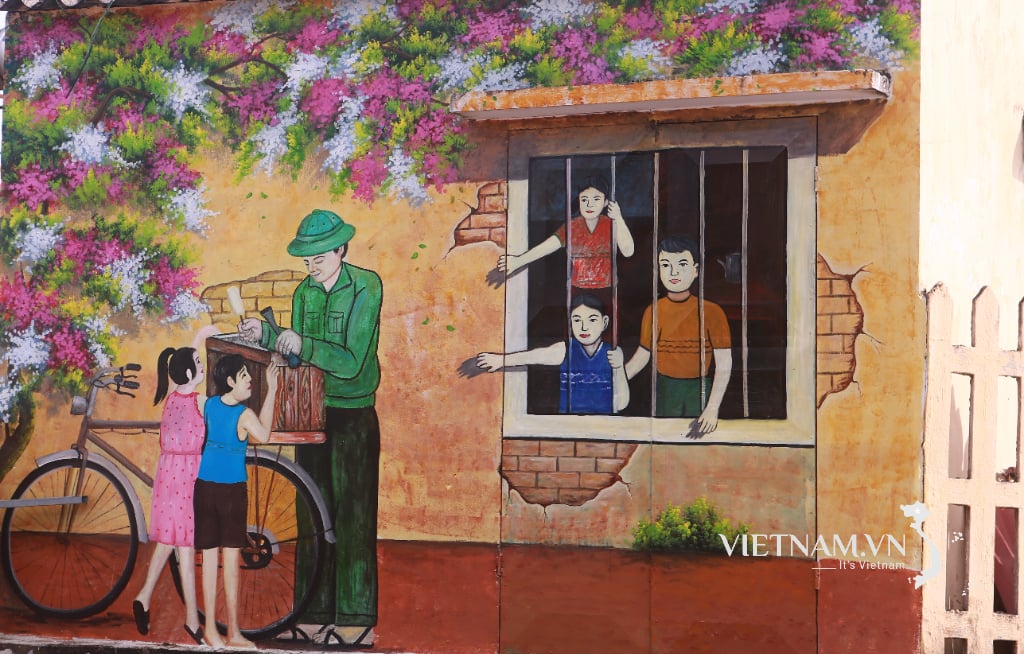
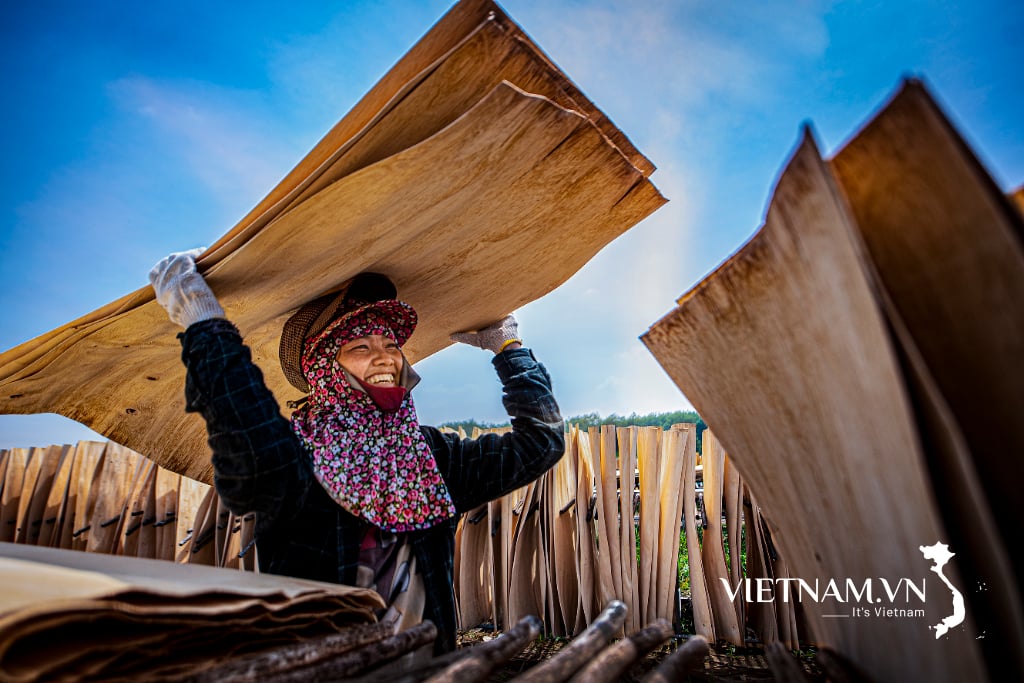
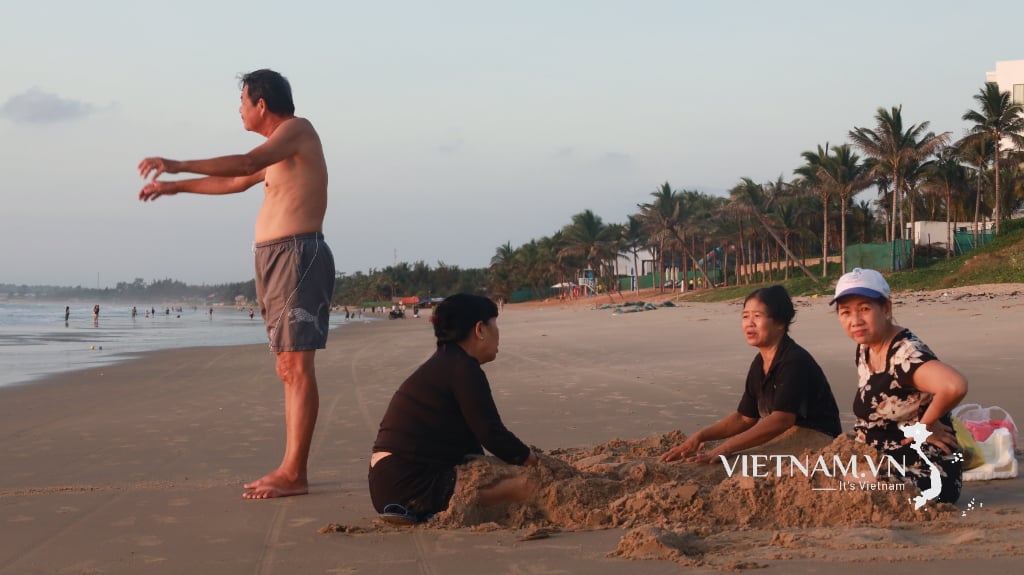
Comment (0)